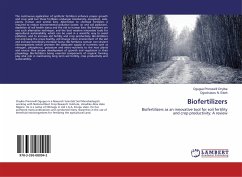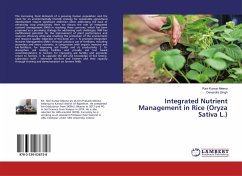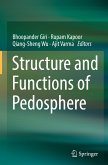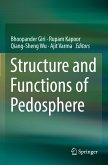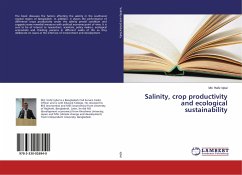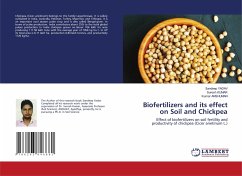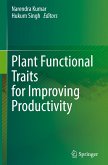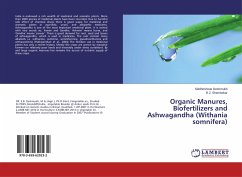The continuous application of synthetic fertilizers enhance proper growth and crop yield but these fertilizers endanger biodiversity, ecosystem, soils, plants, human and animal lives. Alternative to chemical fertilizers is required to reduce environmental pollution (water, air and soil pollution), depletion of soil health status and the risk to human lives. Bio-fertilizers are one such alternative technique, and the best modern innovative tools for agricultural sustainability, which can be used in a scientific way to avoid pollution, and to increase soil fertility and crop productivity. Bio-fertilizers not only keep the crops healthy, will change micro environment of the soil and increase beneficiary microbial fauna. Bio-fertilizers contain non-virulent microorganisms which promote the adequate supply of nutrients such as nitrogen, phosphorus, potassium and micro-nutrients to the host plants and ensure their proper development of growth and regulation in their physiology. Bio-fertilizers being essential components of organic farming play vital role in maintaining long term soil fertility, crop productivity and sustainability.
Bitte wählen Sie Ihr Anliegen aus.
Rechnungen
Retourenschein anfordern
Bestellstatus
Storno

